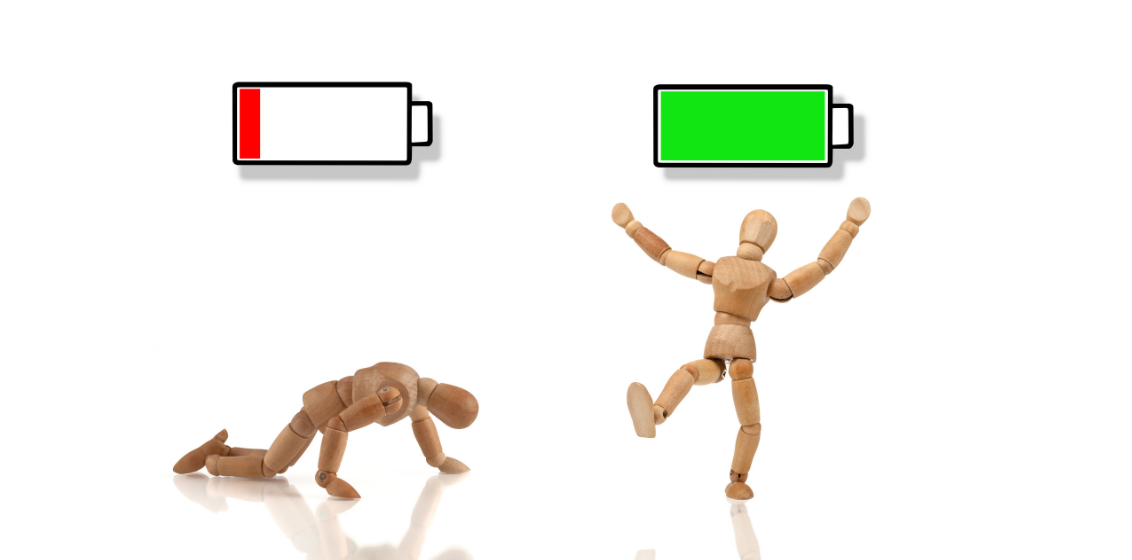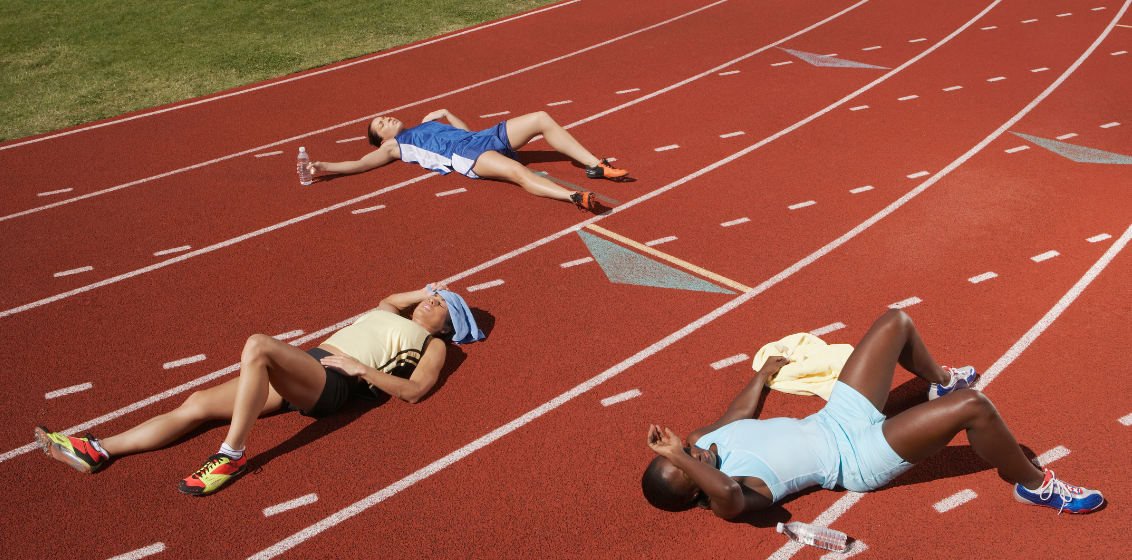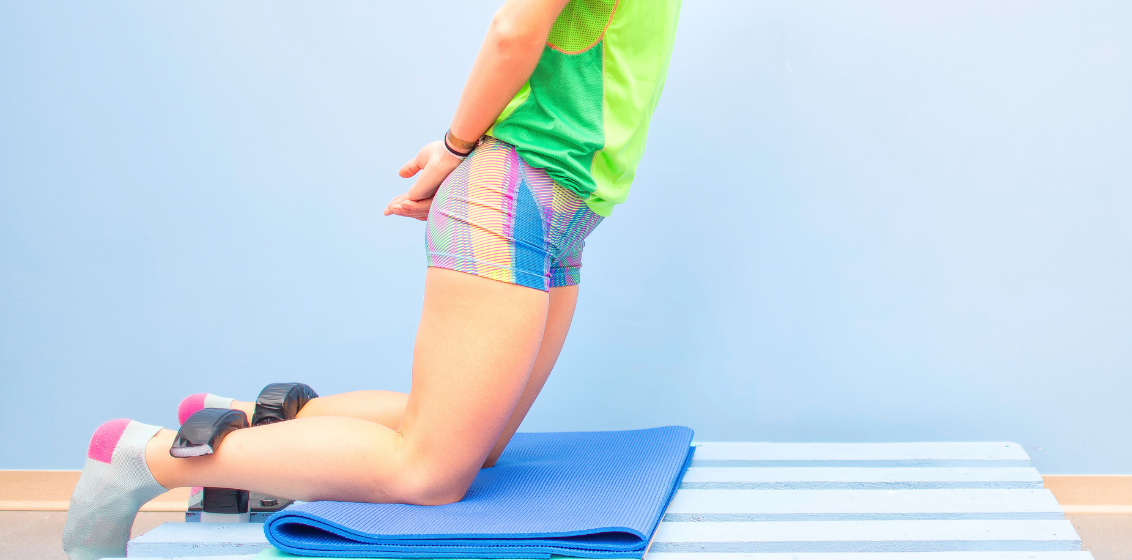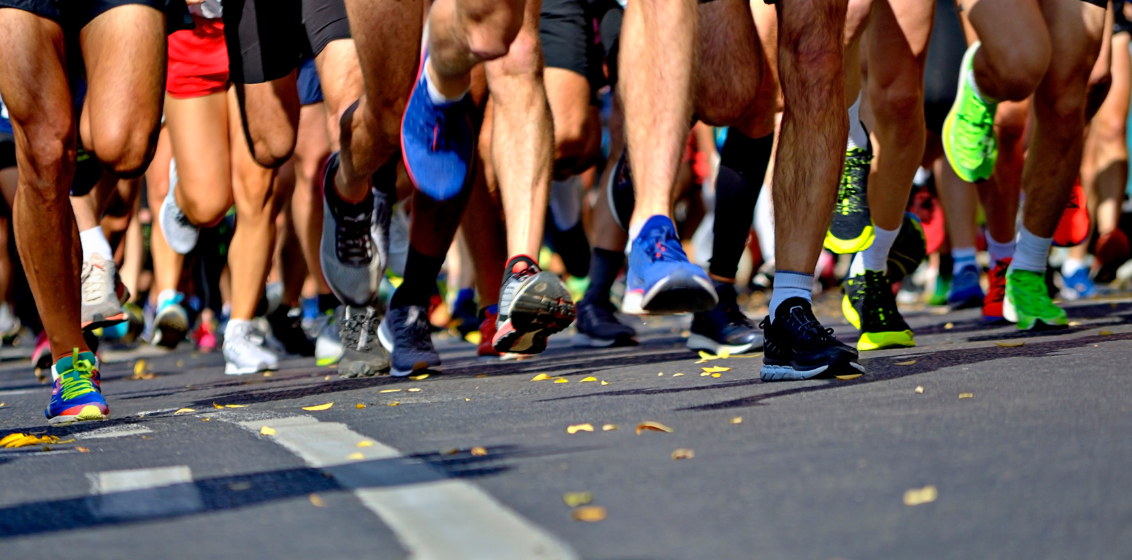Why on Earth is my Physio asking about my periods?

This can be a bit confronting, can’t it? You head off to the Physio with a hip flexor strain, shin splints or some tendonitis in your foot. You’re training really well, feeling fit, a bit tired maybe. And then they hit you between the eyes with a question about how often you get your period? Bit random, what’s going on there you may wonder. Read on to find out why they may be negligent NOT to ask!
As Physios working in Sports and Exercise Medicine, we need to be mindful of all the risk factors for injury and how your health and medical story contributes to specific injuries.
For female athletes at any level, having the right balance of energy going in and energy being burned is a delicate balance. Get that balance wrong and your body can go into “battery-saver” mode. This can involve losing your regular menstrual cycle. It’s like your body is basically saying things are too tough at the moment to support reproduction, so we’ll shut that system down for a while. It’s called athletic amenorrhea.
This may seem almost convenient, but it is a real problem and one that can have lifelong consequences. Athletic amenorrhea messes with the hormone levels in your body. These hormones control fertility, recovery and adaptation to training and most importantly for us as Physios, your bone density.
So what?
Athletic amenorrhea can lead to osteoporosis and increase your risk of stress fracture by up to 13 times compared to someone with a regular cycle!! Now that hip flexor strain you self-diagnosed becomes a stress fracture in your hip, shins splints becomes a stress fracture in your tibia and the foot tendinitis becomes a stress fracture in your foot in our minds once we find out you have amenorrhea. Our index of suspicion for bone injury rises significantly and we take steps to rule these serious injuries out.
How do I get my period back?
Once your GP rules out other causes like pregnancy or Polycystic Ovarian Syndrome, reversal of athletic amenorrhea usually involves changing the balance between how much energy you consume and how much you burn. Being in a prolonged negative energy balance and having low body fat are the most important factors to investigate. To help work out the best way to restore the balance we recommend a team approach including your Physio, a Sports Doctor and a Nutritionist. We have a network of great providers we can plug into.
What about the pill?
The Oral Contraceptive Pill will add oestrogen and restore a cycle of sorts, but will not restore the bodies’ natural hormonal balance or prevent bone density being lost so shouldn’t be relied on for women with amenorrhea.
Why else is this so important?
Prolonged low oestrogen levels are linked with increased risk of heart disease, anxiety and depression and lifelong osteoporosis. The loss of bone density may not be fully reversible once you get your period back. Difficulty falling pregnant or having brittle bones your entire adult life are not something to put up with or tolerate as a young female.
We hope this explains why we’d ask about your menstrual cycle at a Physio appointment. We’ll usually explain the context and the why before asking this sort of question, but your honest answer helps us arrive at the right diagnosis and make sure we don’t miss a serious bone injury.



